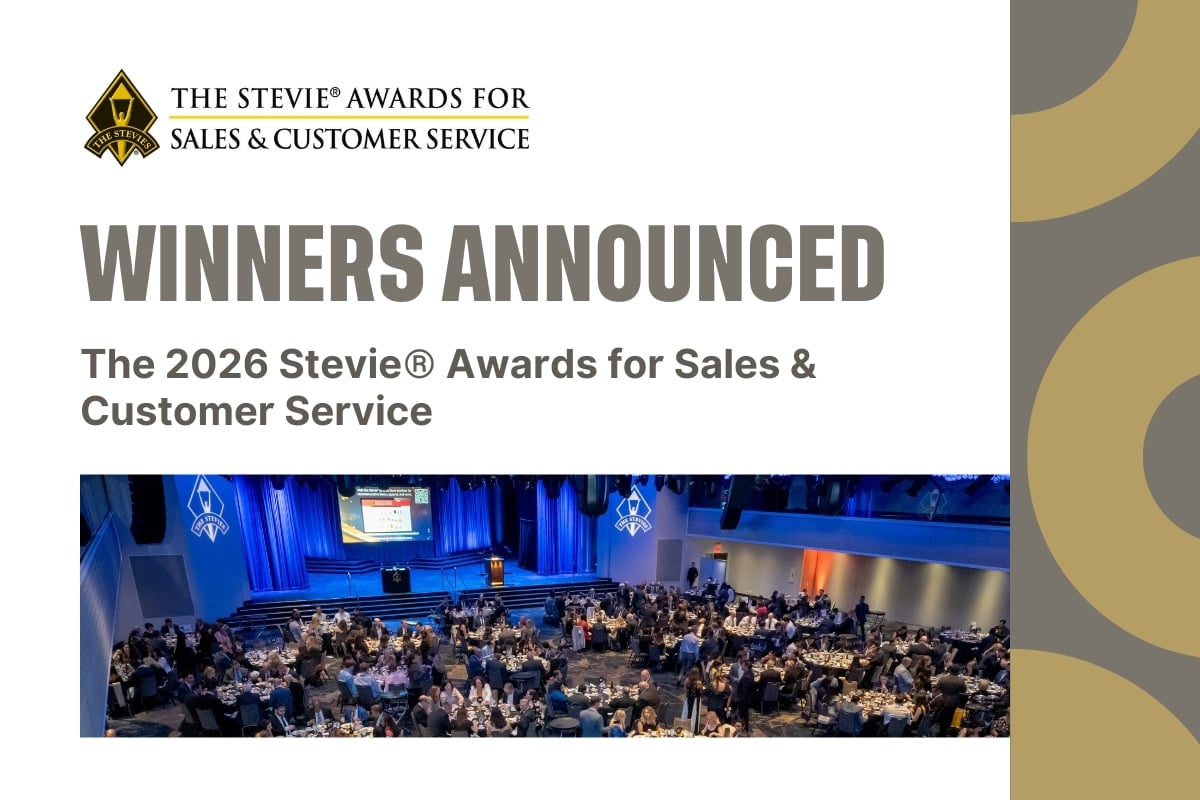Finding a new job is a stressful endeavor, regardless of one’s background. But for high-level professionals, the scarcity of jobs at the top creates an added challenge.
The team at Singapore-based startup JobTech is trying to make that undertaking a whole lot easier, with the help of artificial intelligence (AI) and deep machine learning. Their software provides a more accurate, unified view of the job vacancies available around the country, says co-founder Charlotte Lim.
 One of the challenges that job seekers face is that more than a third of jobs advertised in Singapore are either duplicates or sham listings. JobTech aims to identify and eliminate those extraneous entries and help PMETs (professionals, managers, executives and technicians) access legitimate matches.
One of the challenges that job seekers face is that more than a third of jobs advertised in Singapore are either duplicates or sham listings. JobTech aims to identify and eliminate those extraneous entries and help PMETs (professionals, managers, executives and technicians) access legitimate matches.
Lim says she became frustrated with the lack of transparency and accuracy in the job results she found online when she was searching for a job herself. In seeking a solution to that problem, she met Wee Tiong Ang, a computer scientist whose work in the AI field offered a potential solution.
“I realized he had built an artificial intelligence capable of accurately mapping job seekers to job openings through complex data analysis of roles, skills and competencies,” says Lim. “JobTech was born.”
The company’s first offering, JobTech PMET, was specifically designed to help professionals in Singapore find and prepare for new job openings. In addition to offering insights into industry trends, the software is able to identify skill-set requirements and recommend classes the job seeker can take to improve their odds of landing the position.
One of the product’s strengths is its considerable reach. It currently tracks and analyzes more than 90% of online job ads in Singapore, according to the company.
JobTech predicts the platform, which has several thousand users in Singapore, will soon reach more than 10% of retrenched PMETs nationwide.
Other potential benefits
While job seekers have been the core audience to date, the firm sees other potential applications for the technology as well. For example, it plans to develop applications that provide deeper insights into hiring practices and improve human resource management.
TalenTech enterprise application promises to help companies automate the résumé-screening process by scanning and contextualizing submissions and pinpointing those that match the job requirements.
JobTech also hopes to help public entities increase productivity nationwide by providing a clearer picture of labor market needs. In fact, the government of Singapore is already a customer.
Though the company is still very young—it launched in late 2016—it’s already gaining plaudits for its novel approach to job searching and human resource management. In October, the company accepted the Bronze Stevie® Award for Tech Startup of the Year at The 2017 International Business Awards in Barcelona.
Fostering collaboration
While AI and machine-learning technologies are at the heart of JobTech’s platform, Lim suggests that the collaborative culture within the organization is another key ingredient in the company’s growth. Lim and her team regularly get together for “scrum” meetings to make sure everyone is working toward a singular goal.
“Members share their problems in the meeting and other team members will chip in with their expertise to help solve them,” she explains.
Employees are also encouraged to organize team activities outside of work hours. “These activities help everyone understand each other better and build stronger bonds,” says Lim.












